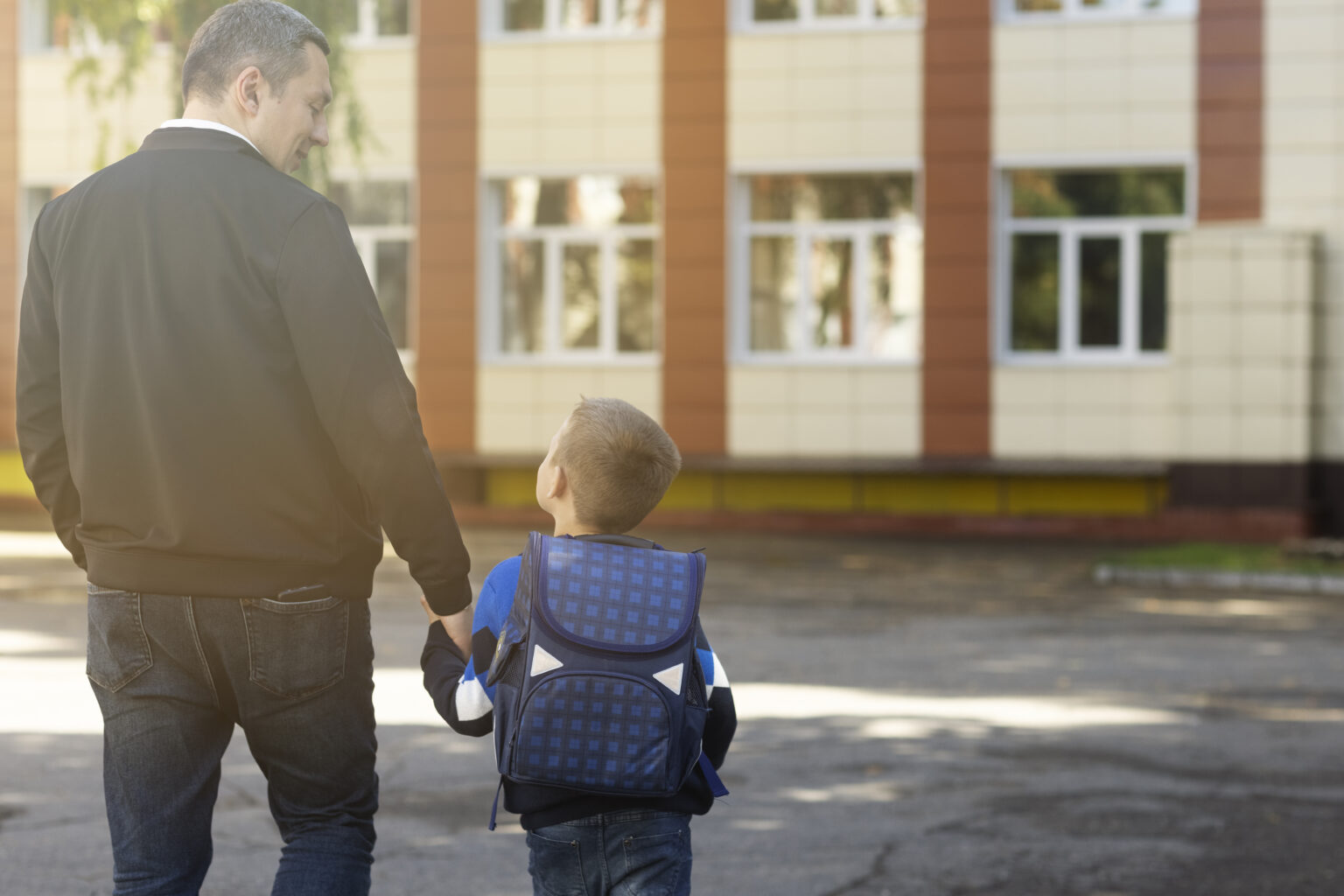As the new academic year approaches, many parents across the UAE are asking: Is my child truly ready for school? Experts say school readiness is about more than just knowing the alphabet or being able to count—it’s also about emotional, social, and physical development, and children’s strength in school. A new checklist is helping parents evaluate their child’s preparedness before the big day.
The truth is, school readiness involves much more than just a tearful drop-off. Both parents and children often feel a mix of excitement and anxiety. So, how do you recognize whether it’s simply normal first-day jitters or a sign that your child isn’t quite ready for school?
According to Nathalie Barsoumian, consultant in education and founder of Dubai’s Handprint Early Childhood Centre, and Hanan Ezzeldin, founder of The Family Hub, who will be speakers at Dubai’s Baby Expo, discuss the real signs of school readiness and how to help your child feel confident about this big step.
What does readiness look like?
Readiness goes beyond just age. As Ezzeldin points out, “Each child grows at their own pace, so age alone doesn’t accurately determine whether they’re ready for school.”
According to her, school readiness encompasses three key areas:
- Social skills: Does your child play cooperatively, take turns, and follow basic instructions?
- Cognitive skills: Is your child curious, able to focus on tasks, and beginning to recognize letters and numbers?
- Physical independence: Can they handle basic hygiene, such as washing hands and using the toilet?
Parents should observe and support these developmental milestones before enrolling children in Foundation Stage or KG1.
Many children show resistance to school initially, especially when it’s their first experience being away from their parents. Dubai moms admitted she brought her daughter back home on the first day after sensing her anxiety. Experts say the best approach is to acknowledge your child’s feelings and gently build excitement. Try packing the lunchbox together or picking out outfits the night before. Avoid adding pressure—school nerves happen, and every child adjusts in their own time.
You can build on your child’s strengths in school by starting with simple steps at home. Roleplay school, arrange playdates, follow routines, limit screen time, and join school activities. According to Ezzeldin, these positive actions help your child feel more connected, emotionally prepared, and socially ready to enjoy and succeed in school.








